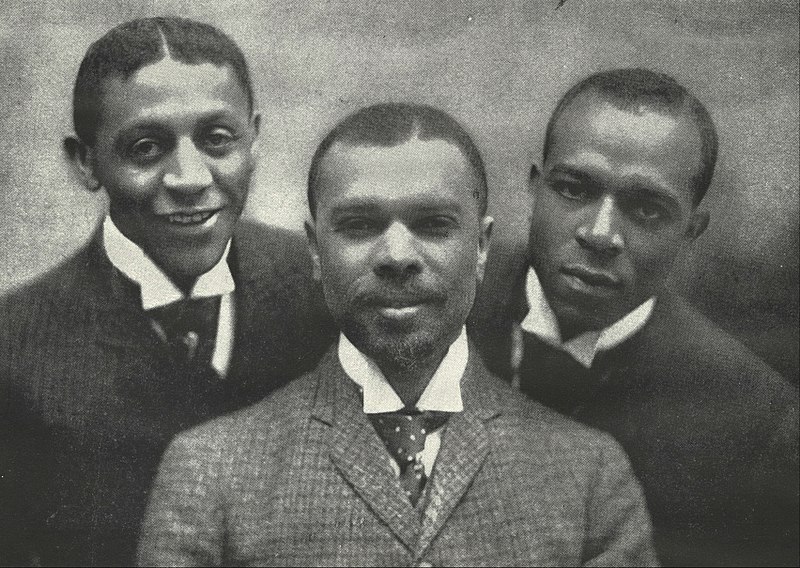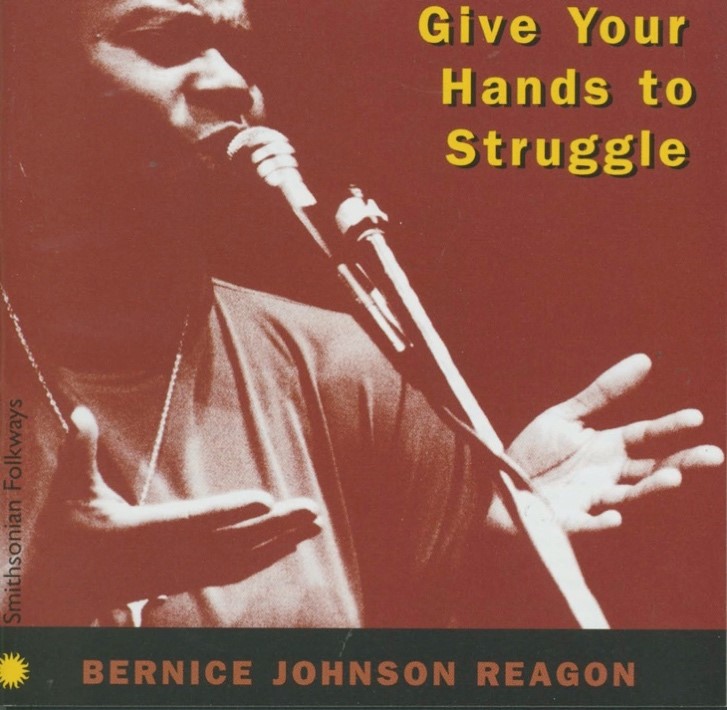
Spirituals, Hymns, and Anthems 5
While "We Shall Overcome" is regarded as the civil rights anthem, "Lift Every Voice and Sing," is also considered in the same category. It is held more so as the African American, or more commonly, Black National Anthem.
'Lift Every Voice and Sing,' often called 'the Black National Anthem,' was a poem by NAACP leader James Weldon Johnson (1871-1938) and then set to music by his brother John Rosamond Johnson (1873-1954) in 1899. It was first performed in public in the Johnsons' hometown of Jacksonville, Florida, as part of a celebration of Lincoln's Birthday on February 12, 1900, by a choir of 500 schoolchildren at the segregated Stanton School, where James Weldon Johnson was principal
(NAACP, n.d)
"Lift Every Voice and Sing" was, and still is, sung at gatherings where issues about African Americans are concerned be it meetings during the 1950s and 60s, and later on, marches, sit-ins, Black History Month events, or graduation ceremonies at universities that highlight African American graduates. The song's lyrics about overcoming oppression, perseverance or resolve, and faith in God are as relevant today as they were during the civil rights movement. Above is a recording of a version typical for group singing, without too much ornamentation.

Lift Every Voice and Sing with Lyrics [ 00:00-00:00 ]
Stemming from the spiritual "Over My Head," "Over My Head I See Trouble in the Air" is another song that was popular during the civil rights movement. There have been several lyrical revisions of this song's title, such as "Freedom in the Air" and "Up Above My Head," or versions that change a single word such as "Over My Head I See ______ in the Air" where the blank can be filled in by the word "trouble," "music," "singing," or "freedom." In 1961, Bernice Johnson Reagon participated in a march in Albany, Georgia, and sang this song. As she started, rather than singing "Over My Head I See Trouble in the Air," she sang, "Over My Head I See Freedom in the Air." As previously mentioned, it was quite customary to create new lyrics or slightly change them to better suit the occasion. Listen to her recording in the video of "Freedom in the Air" (same melody as "Over My Head I See Trouble in the Air"), and take note of these slight lyrical changes:

Freedom in the Air
Give Your Hands to Struggle
Lyrics
Over My Head I See Freedom
See Glory
Hear Singing in the Air
The song "Oh Freedom" is regarded as the most widely sung during the Antebellum period, as this was the time when slaves felt that freedom was drawing near. Much like African Americans felt twenty years or so before the signing of the Civil Rights Act in 1964, their primary goal was the eradication of inequality and civil and social injustices. Although "Oh Freedom," like many spirituals, speaks about freedom with a religious connotation, the notion of "free" is relevant to the pursuit of sovereignty in any circumstance past, present, or future.
We Shall Not Be Moved
Oh I, shall not
I shall not be moved I shall not
I shall not be moved
Just like a tree planted by the water
I shall not be moved
Martin Luther King, Jr.
I have a dream that my four little children will one day live in a nation where they will not be judged by the color of their skin but by the content of their character.







